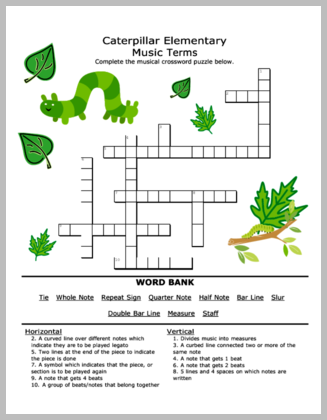 In the world of music (and other various art forms, such as ballet), there seems to be a sort of elitism, or snobbery, where there is a sensation of some being “better than” others. There is a difference between being highly skilled (which could be considered “elite”), and engaging in tactics of excluding and diminishing others.
In the world of music (and other various art forms, such as ballet), there seems to be a sort of elitism, or snobbery, where there is a sensation of some being “better than” others. There is a difference between being highly skilled (which could be considered “elite”), and engaging in tactics of excluding and diminishing others.
There is no room for elitist exclusion in music (or anywhere).
Here is how I am using these terms:
Merriam-Website dictionary: Elite is “the socially superior part of society.”
Oxford Dictionary defines Elite as “a select group that is superior in terms of ability or qualities to the rest of a group or society.” And Elitism is “the advocacy or existence of an elite as a dominating element in a system or society. The attitude or behavior of a person or group who regard themselves as belonging to an elite.”
So, the idea of being a superior part of society, or superior to others, or advocating for superiority within groups or society, etc. is the terminology I am using for the word Elite and Elitism within music exclusivity. The word superior has multiple definitions also, but as I am using it, it is this definition according to the Oxford Dictionary: “having or showing an overly high opinion of oneself…” In other words, a snob.
A musician who has great skill, but also an overly high opinion of oneself tends to engage in the practice of excluding others from musical participation. Why?
Exclusionary elitism is an unhealthy social practice! Excluding anyone based on the notion of superiority and inferiority deprives the community (musical community) from growth! Piano teachers, music schools, music colleges and university programs, etc. who engage in exclusive behaviors can often destructively derail a student’s natural desire to make music, enjoy music, share music and learn music. And in return, the musical community shrinks in productivity, halts the possibility of introducing new ideas and approaches, and deprives the world of musical expressions that would have been!
There is room for everyone in this world.
Music has such VAST options for individual human expression (after all, music is an art form and subjective in nature)! Please do not limit anyone in their ability to find their own way within the world of music.
As a music teacher, your only responsibility is to teach each student to the very best of your ability and to allow your student to grow in music to the best of their ability. What they do with music in their life is up to them. It is not for you to judge who this student is, what you believe that student’s future holds, or whether the student should or should not be a musician. That is not for you to decide!
If you are a music teacher and you have a student who you think will never make it, isn’t talented, shouldn’t be a musician, etc. then please do yourself and your student a favor and help that student find a different, better-suited teacher for them.
Does that mean that there should be no standards or boundaries in music?
No! Standards or boundaries are very important to have in your own studio, or within programs or at universities. This is what defines who you are as a teacher and what your studio, organization or university offers. It defines, essentially, the “rules of the game.” This helps the teacher know who they are willing and able to teach, to the best of their ability. And it helps students know whether that studio or university is the right fit for them. Standards and boundaries are not the same as being exclusive. Boundaries define a setting and allow students to accurately know what is expected in that context. It does not inherently exclude. Instead, it provides information and the opportunity for choices.
Exclusive elitism is an “us vs them” mentality where a teacher acts on a belief that a student doesn’t belong in piano, has no “talent,” and has no place in the world of music simply because they perceive the student to not be “worthy” of learning the piano (or any instrument). This is a fallacy. Teachers can not know with absolute certainty what a student may be capable of in the future. Even if a student has not achieved a certain level of mastery at that time, it does not mean the student never will.
If a teacher comes across a student who they think “doesn’t belong” then it is better both for the student and the teacher to have the student go to a different studio, RATHER than have the teacher engage in behaviors which render the student powerless or implies to the student that they don’t belong in music.
Another example includes universities who initially accept a student (having passed all of the entrance exams and performed repertoire sufficient for the school standards), but then systematically engage in harmful behaviors to shame the student into “quitting.” If a student passes the qualifications for a university, they should be allowed a fair opportunity to receive their diploma. If a student does not meet the entrance requirements, then the student is not accepted. But to accept and then to bully and shame and deny graduation is, to Piano Discoveries, an absolute musical crime!
What do you think?
